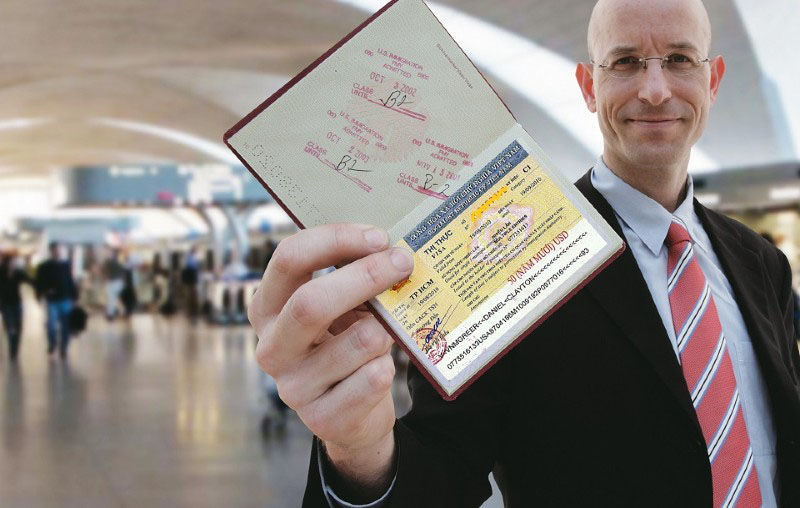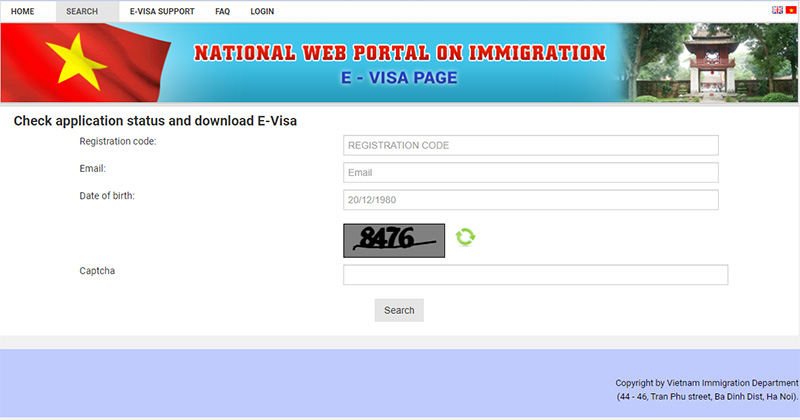The National Assembly Standing Committee has announced Vietnam eVisa new policies to accommodate the needs of international travelers. This move aims to facilitate those who wish to enter Vietnam for study, market research, and investment promotion purposes.
This change will take effect for those submitting their Vietnam e-Visa application on or after August 15, 2023. However, it will not apply to those who have already had their eVisa for Vietnam issued or have submitted their Vietnam eVisa application before August 15, 2023. Now, let’s dive into the changes.
Port Entry Updates
Vietnam has decided to issue electronic visas to citizens of all countries and territories entering Vietnam, starting from August 15th.
According to the government’s resolution on August 14th, there are 13 airports that allow foreigners to enter and exit with e-visas, including Noi Bai, Tan Son Nhat, Cam Ranh, Da Nang, Cat Bi, Can Tho, Phu Quoc, Phu Bai, Van Don, Tho Xuan, Dong Hoi, Phu Cat and Lien Khuong.

International tourists get their Vietnam Visa-free for entry
In addition, there are 16 road border gates that apply e-visas, including Tay Trang (Dien Bien), Mong Cai (Quang Ninh), Huu Nghi (Lang Son), Lao Cai, Na Meo (Thanh Hoa), Nam Can (Nghe An), Cau Treo (Ha Tinh), Cha Lo (Quang Binh), La Lay and Lao Bao (Quang Tri), Bo Y (Kon Tum), Moc Bai and Xa Mat (Tay Ninh), Tinh Bien and Vinh Xuong (An Giang) and Ha Tien (Kien Giang).
There are 13 sea border gates that apply e-visas, including Hon Gai and Cam Pha (Quang Ninh), Hai Phong, Nghi Son (Thanh Hoa), Vung Ang (Ha Tinh), Chan May (Thua Thien Hue), Da Nang, Nha Trang (Khanh Hoa), Quy Nhon (Binh Dinh), Dung Quat (Quang Ngai), Vung Tau (Ba Ria Vung Tau), Ho Chi Minh City and Duong Dong (Kien Giang).
Ready to go to Vietnam? You can fill out Vietnam e-Visa form here.

Vietnam eVisa Exemption Policy Updates
Visa-free stays of 45 days are extended to nationals of these countries, without consideration of passport type or entry purpose: Germany, France, Italy, Spain, United Kingdom and Northern Ireland, Russia, Japan, South Korea, Denmark, Sweden, Norway, Finland, and Belarus.
Vietnam eVisa grants a validity of up to 90 days
On the same day, Vietnam approved an extension of the validity period for e-visas. Instead of the current 30-day, single-entry-only option, e-visas will now be valid for up to 90 days and allow for both single and multiple entries.
This means that within the 90-day validity period, eVisa holders can enter and exit Vietnam as many times as they wish without having to go through any additional eVisa issuance procedures.

Enjoy the stunning view of Halong Bay
I hope this information about Vietnam eVisa policies is helpful. Now, pack your bags and immerse yourself in vibrant Vietnam experiences!



